
This drink is considered healthy, but it causes cancer
1
Cancer is difficult to treat, but the spread of cancer cells throughout the body can be prevented. To prove his words, he refers to a study that established a link between one drink and the risk of developing this disease. The danger is that many mistakenly believe this drink is good for health.
Cancer is difficult to treat because cancer cells divide uncontrollably and spread throughout the body. However, you can prevent its development and reduce the risk of getting it. A study found a significant relationship between a certain type of fruit juice and the overall risk of developing cancer.
Cancer is a fierce force. Unlike normal cells, cancer cells grow and divide uncontrollably. This proliferation tends to spread from the original site to other parts of the body, making treatment not very effective. However, there are steps you can take to prevent the growth of cancer cells in advance.
The relationship between diet and cancer risk is difficult to establish because many factors can influence the final outcome.
However, over the years, close links between specific foods and the risk of cancer have been discovered.
One of the most disturbing conclusions was made in a study published in the British Medical Journal.
Article under titled “Sweetened Beverage Consumption and Cancer Risk: Results from the NutriNet-Santé Prospective Cohort” reports that pure (100 percent) fruit juices are significantly associated with overall cancer risk.
Author Éloy Chazelas of the Cité Center for Epidemiological and Statistical Research in Sorbonne, France, and his team studied the relationship between sugary drink consumption and various forms of cancer in 101,257 French adults with an average age of 42.
Researchers used data from the NutriNet-Santé project, which focuses on the relationship between nutrition and health.
The foods they studied included “sugar-added beverages,” such as soft drinks, syrups, fruit juices, 100 percent sugar-free fruit juices, milk-based sugary drinks, sports drinks, and energy drinks.
< p>The scientists also looked at artificially sweetened beverages, meaning “all beverages containing non-caloric sweeteners, such as diet soft drinks, sugar-free syrups and milk-based diet drinks.”
Using 24-hour online surveys of food, the researchers assessed participants' consumption of 3,300 different types of foods and beverages.
In addition, the clinical follow-up of the participants lasted for about nine years. During this period, the researchers looked at the risk of developing “total breast, prostate and colorectal cancer.”
Mr. Chazelas and his colleagues took into account potential confounding factors such as age, sex, education, hereditary cancer risk, as well as everyday habits such as smoking and regular exercise.
What did the researchers find?
They found that drinking sugary drinks “significantly increases ” the risk of developing cancer in general.
They also found that consumption of artificially sweetened beverages had no effect on the risk of developing cancer.
However, it appeared that 100 percent fruit juice was “strongly associated” with the likelihood of developing the disease.
< p>“In this large prospective study, we found an association between sugary drink consumption and the risk of overall and breast cancer,” they concluded.
The researchers added: 100 percent fruit juice also “ seriously affect the risk of developing cancer”. They acknowledged that definitive conclusions should not yet be drawn from the study.
“These results require replication and other large-scale prospective studies.”
They suggested that sugary drinks, widely popular in the West countries, may represent a risk factor that can be influenced to prevent the development of cancer.
Common cancer symptoms that require immediate attention include unexplained body aches and pains, severe night sweats, and significant weight loss.

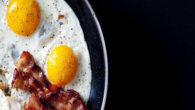
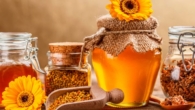
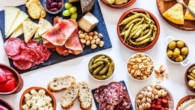
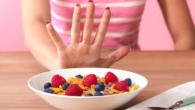
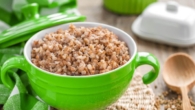


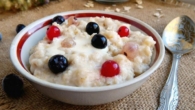
Leave a Reply